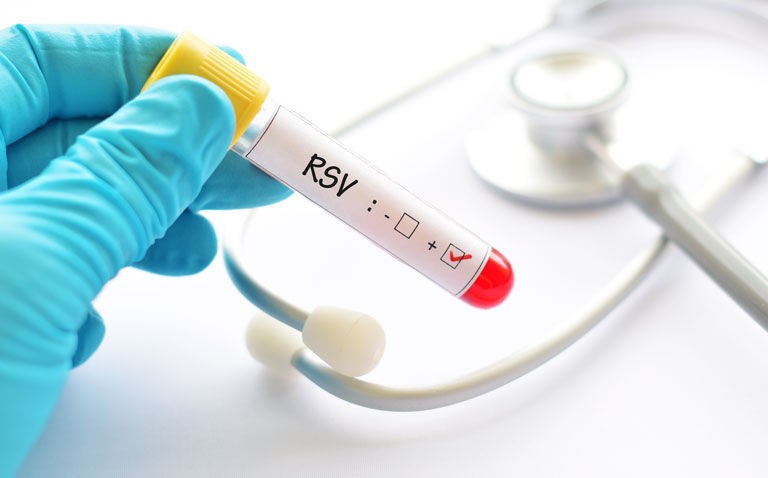RSVpreF a vaccine candidate against respiratory syncytial virus showed a high level of efficacy in older adults with more severe infection
Pfizer’s vaccine candidate RSVpreF for respiratory syncytial virus (RSV) showed a high level of efficacy in older patients with more severe lower respiratory tract illness which was defined by three or more RSV-associated symptoms.
RSV is a major viral pathogen causing severe lung disease in the adult population, particularly among the elderly and which constitutes a substantial disease burden. The global number of hospital admissions for RSV-ARI in older adults has been estimated to be 336,000 leading to about 14,000 in-hospital deaths.
Currently, there is no specific treatment for the virus apart from supportive care. RSV has two molecular subtypes A and B and RSVpreF is bivalent vaccine based on the crystal structure of pre-fusion F and which is a vital form of the viral fusion protein (F) that RSV uses to attack human cells. The vaccine itself contains two preF proteins which protect against the two main form of RSV, A and B which actually have multiple genotypes within each of them.
The phase 3 trial RENOIR is designed to assess the efficacy, immunogenicity and safety of RSVpreF in adults. While RENOIR is not complete, the release describes how to date, the trial has enrolled approximately 37,000 participants and who were randomised to receive 120μg RSVpreF or placebo in a 1:1 ratio. Enrolment up to approximately 40,000 participants continues in the Southern Hemisphere to accumulate cases during their first season.
A pre-planned, interim analysis was used to assess protection against RSV-associated lower respiratory tract illness defined by two or more symptoms. The analysis determined a vaccine efficacy of 66.7% (96.66% CI: 28.8% – 85.8%).
Based on this positive result, Pfizer turned to the more severe disease primary endpoint defined by three or more symptoms and where the vaccine efficacy was 85.7% (96.66% CI: 32.0% – 98.7%). Moreover, an independent, external Data Monitoring Committee indicated the investigational vaccine was well-tolerated, with no safety concerns.
Commenting on these interim findings, Annaliesa Anderson, senior vice president and chief scientific officer, vaccine research and development at Pfizer said: ‘Scientists and researchers have worked to develop RSV vaccines with little success for over half a century. These findings are an important step in our effort to help protect against RSV disease.’
Pfizer is also investigating the efficacy and safety of RSVpreF in infants born to women vaccinated during pregnancy.










